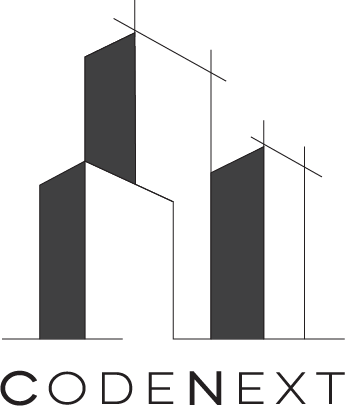Navigating Fire Safety Challenges in Cannabis Labs
Cannabis extraction, a critical process within the cannabis industry, involves handling and processing volatile substances that present distinctive fire and life safety risks. Ensuring the safety of personnel and facilities in this specialized field requires meticulous assessments and adherence to both Building and Fire Codes. For industries dedicated to cannabis production, the expertise of Code compliance specialists becomes paramount.
At CodeNext Inc., our services are carefully tailored to meet the distinctive challenges posed by cannabis extraction. We specialize in conducting thorough assessments and implementing precise fire and life safety measures to suit the unique needs of cannabis production environments. Let's explore how our expertise aligns with the vital Building and Fire Code requirements, ensuring safety and regulatory compliance in the realm of cannabis extraction.
Cannabis extraction activities involving flammable solvents, co-solvents, or product refinement present complex compliance challenges concerning the Building and Fire Codes. Beyond the inherent risks associated with solvents in processing and storage environments, these design projects demand consistent and collaborative communication across the entire design team.
From feasibility planning to detailed design development and construction stages, our role at CodeNext Inc. is to ensure that, at a minimum, the levels of fire protection and life safety prescribed in the Building and Fire Codes are achieved. We offer opportunities to enhance the integrity of life safety design elements and provide guidance from insurance and industry standards, aligning with client desires and practical project goals.
Flammable liquid and flammable compressed gas solvents used in cannabis extraction applications are not novel to use in Canada. Our team has the tools to assist in designing spaces and accommodating processes that meet the requirements of local Building and Fire Codes. The application of the Codes to industrial facilities involves consideration of numerous reference standards, ensuring a comprehensive and hazard-commensurate strategy is developed.
Our services concentrate on key design elements, ensuring compliance with the following Building and Fire Code requirements:
Classification of Dangerous Goods
Separation of Dangerous Goods
Maximum Quantities
Fire Separations
Spill Control and Drainage
Fire Water Control Planning
Mechanical Ventilation
Power-Ventilated Enclosures
Explosion (Deflagration) Venting
Explosion Prevention Systems
Fire Suppression and Life Safety System Design Coordination
Hazardous Location Classifications
Solvent Tank Farms
Loading & Unloading Facilities
The Codes outline prescriptive requirements, referred to as "Acceptable Solutions," that must be satisfied. However, as each building and industrial process is unique, there are instances where a necessary project design element may fall beyond the boundaries of the Codes or not meet the literal requirements. In such cases, "Alternative Solutions" or "Compliance Equivalencies" may be proposed, requiring an understanding of the Codes, fire safety principles, and risk evaluations, and which are subject to Authority Having Jurisdiction (AHJ) approval.
Navigating the intricate landscape of cannabis extraction and ensuring fire safety compliance requires a nuanced approach. At CodeNext Inc., we bring expertise, collaborative solutions, and a commitment to regulatory adherence, enabling cannabis production facilities to operate safely and within the bounds of legal standards.

